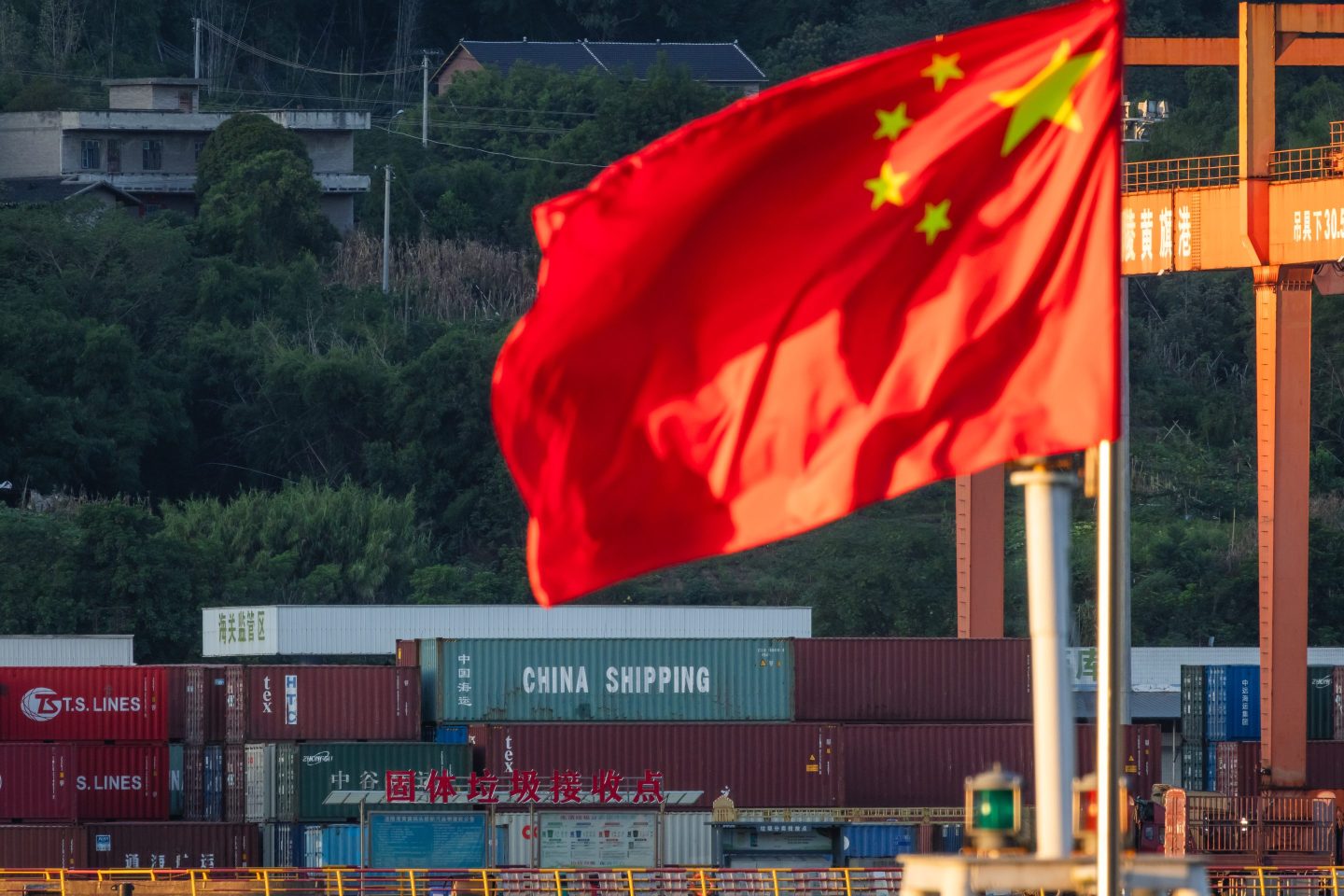President Donald Trump’s demand that Seoul hand over $350 billion in cash could devastate South Korea’s financial markets and economy.
In July, Korea agreed to invest $350 billion in the U.S., in exchange for Washington setting a 15% tariff rate. But not all the details were spelled out at the time, and both sides have been in negotiations to finalize the deal, with tensions ramping up lately.
Commerce Secretary Howard Lutnick has insisted Korea abide by terms similar to what Japan accepted, including the transfer of cash soon after investment projects get U.S. Approval.
But earlier this month, President Lee Jae-myung told Reuters such requirements would trigger a calamity similar to the one that eventually required an International Monetary Fund bailout.
“Without a currency swap, if we were to withdraw $350 billion in the manner that the U.S. Is demanding and to invest this all in cash in the U.S., South Korea would face a situation as it had in the 1997 financial crisis,” he said.
That’s because Korea has foreign exchange reserves of $410 billion, and its currency isn’t a mainstay on global financial markets like Japan’s yen, meaning a sudden transfer of $350 billion in cash to the U.S. Would send the won into a tailspin.
A swap line between the Bank of Korea and the Federal Reserve would provide Seoul with dollar liquidity that would help avoid jolting foreign-exchange markets.
Korea has also pointed to major differences with Japan and why the terms of Tokyo’s $550 billion investment pledge shouldn’t be applied in the same way. For instance, Japan has more than triple Korea’s currency reserves at $1.3 trillion. The yen is also a much more international currency, accounting for 17% global market share versus just 2% for the won.
But Lee’s warning didn’t sway Trump, who said on Thursday Korea must pay the money “upfront.” Over the weekend, Korea’s national security advisor reiterated the inability to meet U.S. Demands.
“Our position is not a negotiating tactic. It is objectively and realistically not a level we are able to handle,” Wi Sung-lac said in an interview with Korean media. “We are not able to pay $350 billion in cash.”
Trump’s hard-line stance on the trade deal adds further strain to bilateral ties after U.S. Immigration agents raided a Hyundai plant in Georgia earlier this month and arrested hundreds of Korean workers who were helping get the factory ready for production.
Trump has since said he didn’t want the raid to “frighten off” foreign investment in the U.S., and a State Department official expressed regret over the detention of the workers.
Still, people in Korea were outraged, especially as the raid came days after Lee met Trump at the White House and appeared to have a successful visit. For his part, Lee didn’t blame Trump.
“I do not believe this was intentional, and the U.S. Has apologized for this incident, and we have agreed to seek reasonable measures in this regard, and we are working on them,” he told Reuters.













